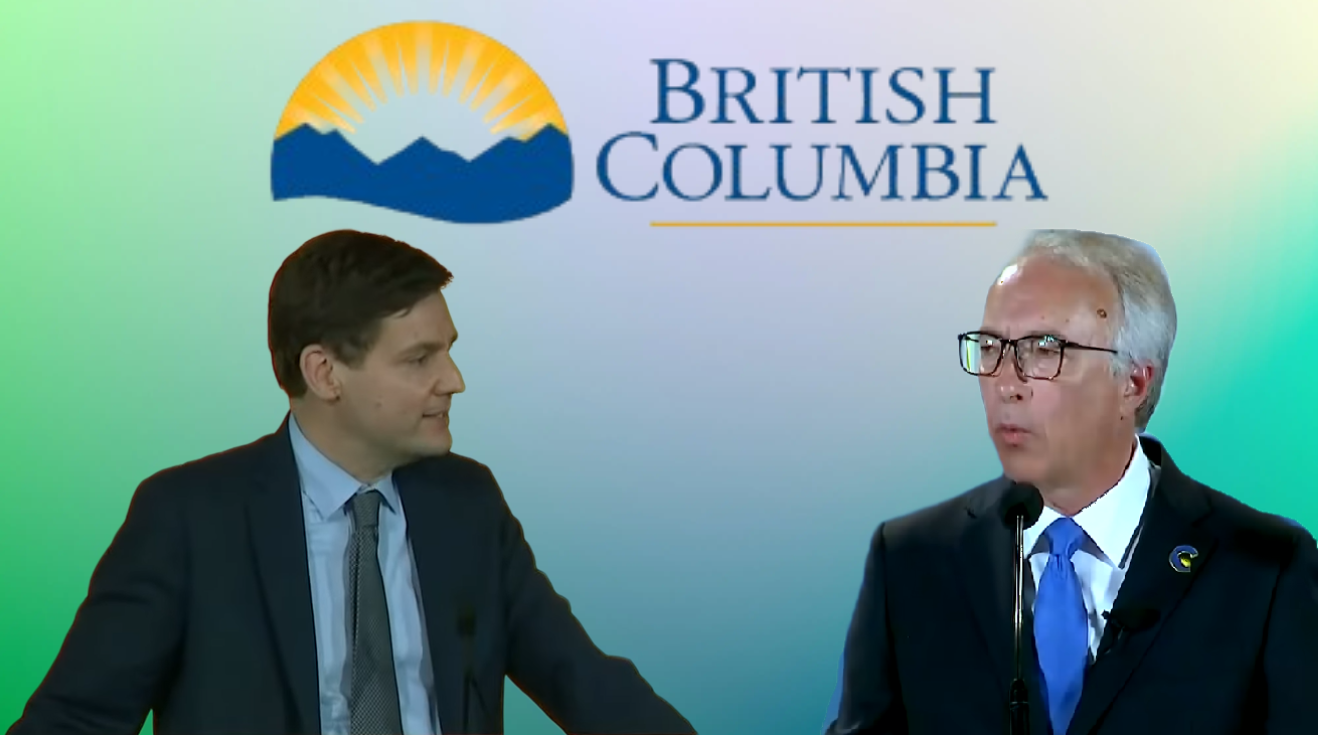Election night in British Columbia (B.C.) has passed, but the province still has no clear winner. The tight race between the New Democratic Party (NDP) and the resurgent Conservative Party has left the future of B.C.’s government uncertain, with both parties locked in a near tie. The results so far show that the NDP holds 46 seats, while John Rustad’s Conservatives claim 45 seats. Neither has secured the 47-seat majority needed to form a government, and final results may not be known until the end of October when absentee ballots are counted.
This election is unprecedented in its closeness, particularly for the Conservatives, who have seen a dramatic surge in support. In the last election, the party struggled to secure even a foothold, garnering less than 2% of the popular vote. However, this year, they’ve surged to 43.6% of the vote, just behind the NDP’s 44.6%.
This race’s outcome may hinge on recounts in two critical ridings: Juan de Fuca-Malahat and Surrey City Centre, where candidates from the NDP and Conservatives are separated by fewer than 100 votes. The final tally, which will include approximately 49,000 mail-in ballots, is expected to take place between October 26 and 28. This tight competition has left both parties bracing for a variety of potential outcomes, including the possibility of a minority government.
Amid the back-and-forth between the two leading parties, the Green Party has also emerged as a significant player, despite losing its leader Sonia Furstenau’s seat. The Greens, who currently hold two seats, could play a pivotal role in determining B.C.’s next government. Both Eby and Rustad have acknowledged the importance of working with the Green Party if no clear majority emerges.
Should the NDP maintain a minority, they may need Green support to govern, a scenario that could result in a coalition or informal agreement on key issues such as climate change, housing affordability, and public safety. Meanwhile, the Conservatives could also explore a potential alliance, though their platform differs significantly from the Greens on several key policies.
For Premier David Eby, the close election outcome underscores the need for his government to respond to the frustrations voiced by voters. In his post-election speech, Eby emphasized his commitment to addressing issues such as the rising cost of living, affordable housing, and public safety. “We need to do better,” he said, recognizing the narrow margin of victory and pledging to work for all British Columbians, regardless of the final results.
Eby acknowledged the concerns raised by his opponents, including the Conservatives’ focus on crime and economic challenges. “We can agree that we need to support people with the cost of daily life and make communities safe for everybody,” he added, signaling a willingness to collaborate across party lines if necessary.
On the other side, John Rustad’s Conservatives are celebrating their remarkable rise in B.C.’s political landscape. Rustad, who took over the leadership of the party when it was polling at just 2%, expressed optimism about the final count. “We have not given up this fight yet,” Rustad declared. “This is what happens when you stand on values and principles. People in this province are hungry for common-sense change.”
Rustad attributed the party’s success to its grassroots approach, which resonated with voters who feel left behind by traditional political parties. The Conservatives’ focus on economic growth, lower taxes, and public safety has attracted support from a broad base, including rural voters and those frustrated by the current government’s handling of crime and affordability issues.
Whatever the final outcome, this election has already reshaped the political landscape in British Columbia. The once-dominant NDP now faces a serious challenge from a revived Conservative Party, marking a shift in the province’s political dynamics. This rise in conservative support, particularly in suburban and rural areas, signals growing discontent with the status quo.
As the parties wait for the final count, the question remains: Will B.C. see a minority government, or could one of the two parties secure a slim majority? And if a minority government emerges, will the Green Party hold the balance of power? These uncertainties have left British Columbians in suspense, with the final resolution still days away.
For now, the province waits, watching closely as the final votes are tallied and the political future of British Columbia is decided.

